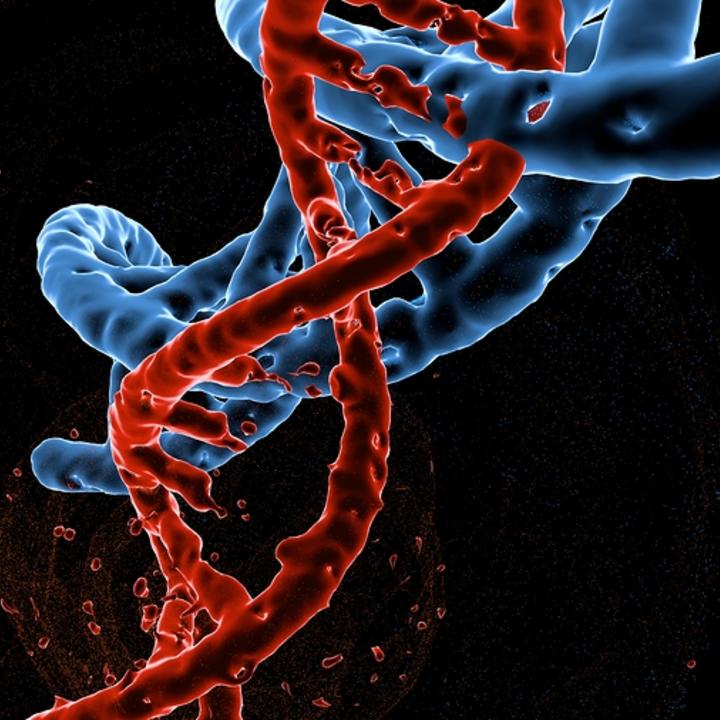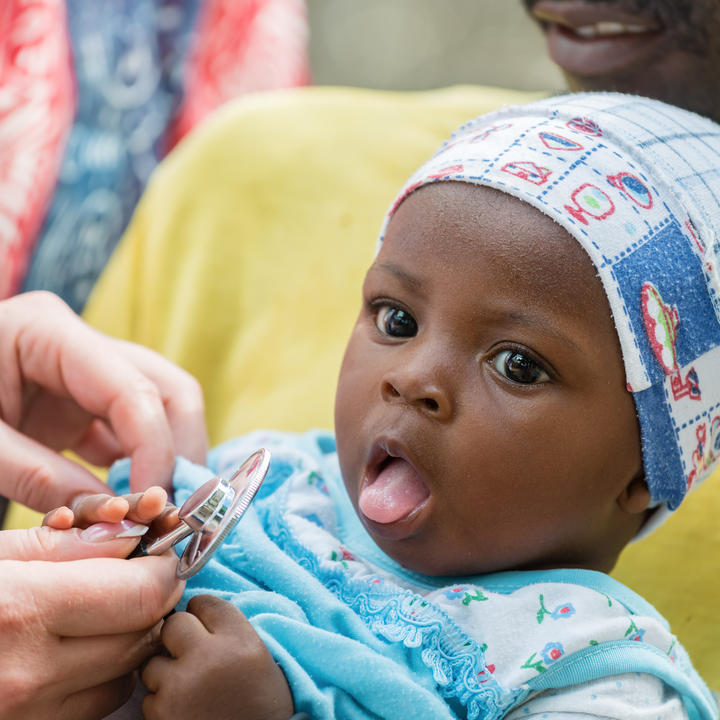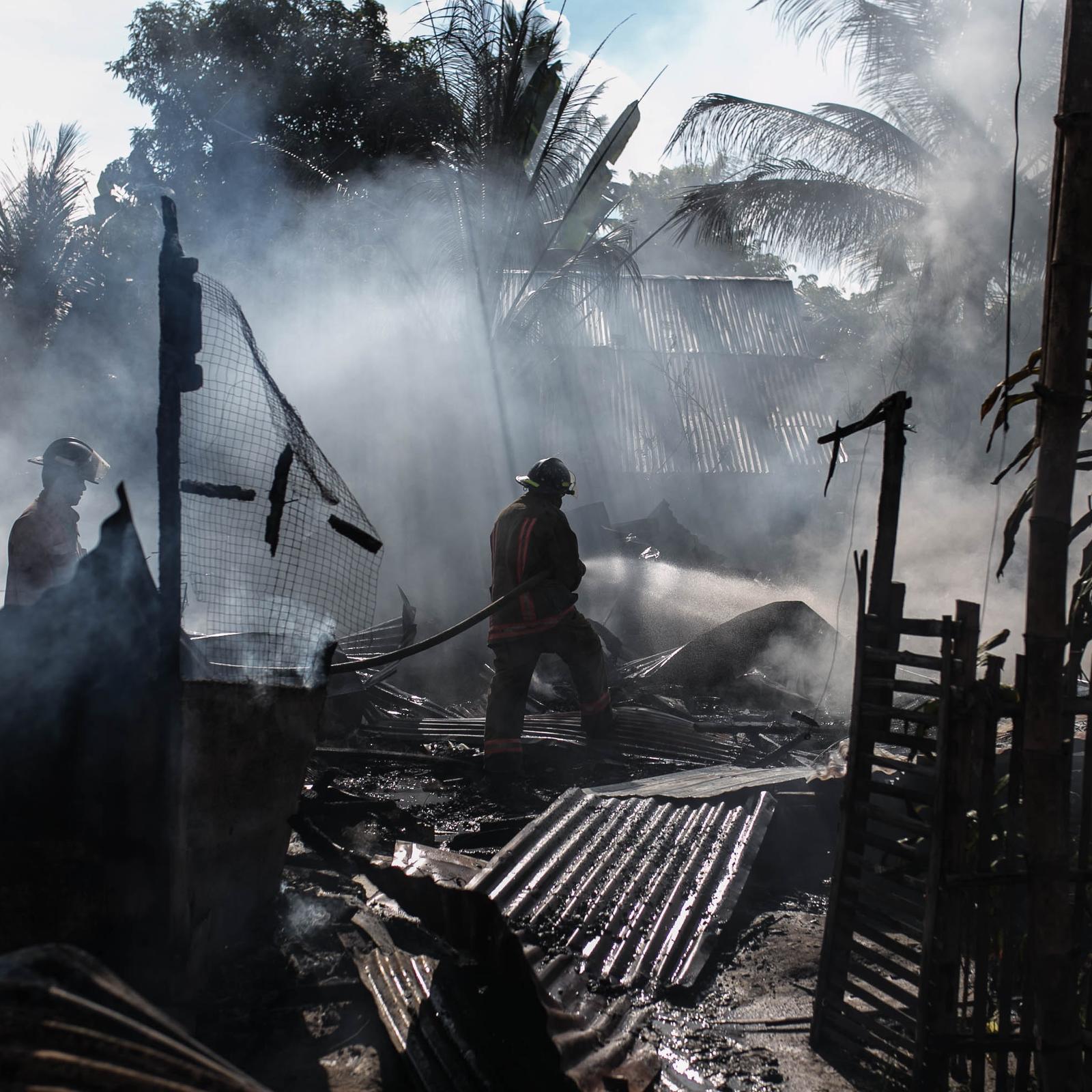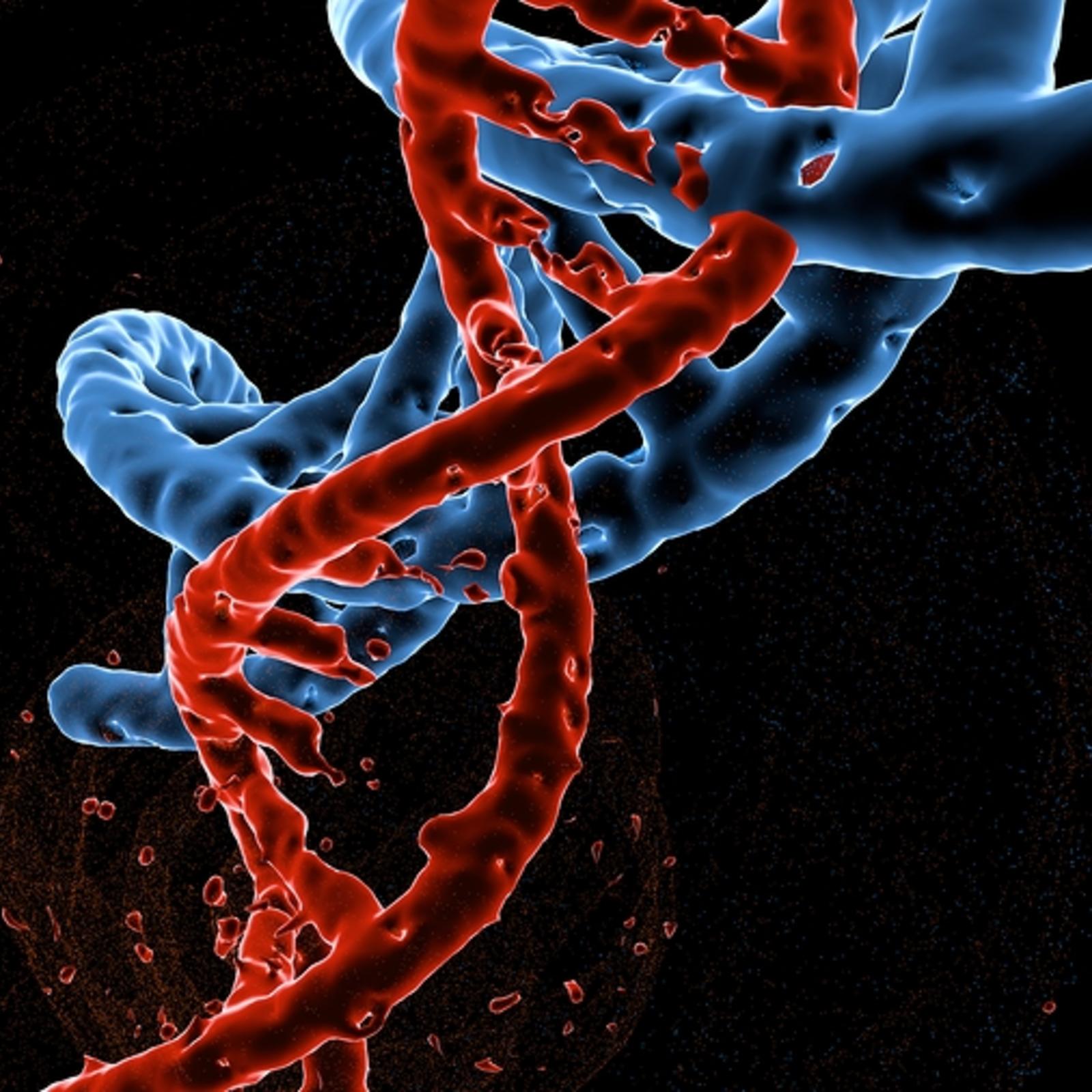Network Systems Science and Advanced Computing
Projects
All Projects
Inequities in health and economic outcomes have been widely observed during the COVID-19 pandemic. Our central hypothesis is that individuals' strategic reactions to governmental interventions play an important role in these inequities. We will help understand these inequities through the: (1) Development of game-theoretical models to understand individuals' behaviors during the epidemic, and (2) Characterization of inequities in the resulting equilibria.
There are two major thrusts for this on-going project. The first is to build an agent-based model to quantify the effects of different factors on the evacuation decision-making process. The second thrust is to identify and evaluate mechanisms for citizens to share resources during, and in the immediate aftermath of, a hurricane.
Past Project
As the pandemic progresses, decision-makers must move from a blanket approach to more precise, sustainable restrictions tailored to geographical regions, social groups, households, and individuals. Consequently, there is a need for more precise and accurate models, and especially models that make predictions about new kinds of behavior change (e.g., to wear masks to restaurants or places of worship). To make progress on these challenges, we propose to research novel computational models of human responses to epidemics and NPIs and integrate them into a state-of-the-art epidemiological model.
The primary objective of this proposal is to develop models to understand the spread of multi-drug resistant organisms (MDROs) in hospital, and community settings and design interventions to reduce transmission.
We envision a long-term symbiotic partnership between AI, Ag, and human systems to produce sustained agricultural productivity to meet future food demands.
Past Project
The IPM Portal is a web-based project management system tailored to the specific needs of Feed the Future Innovation Labs. In addition to the features such as travel matrixes, reporting, and document training, it includes an RFA module to help IPM grant subawards to other institutions. The web interface facilitates management of offsite field work.
We are helping to create a system to rapidly detect bacteria that are potential pathogens in our environment. The goal of iSENTRY is to bring about a revolutionary advance in the science, devices, and systems needed for the isolation and characterization of known and potentially unknown or unculturable bacterial pathogens.
Computational models, especially scenario-based medium-term projections, have been incredibly influential during the COVID-19 pandemic at the state and federal levels in the United States.
Past Project
A simulation of the spread and evolution of online information, if accurate and at-scale, could enable a deeper and more quantitative understanding of use of the global information environment than is currently possible using existing approaches. High-fidelity (i.e., accurate, at-scale) computational simulation of the spread and evolution of online information would support efforts to analyze strategic disinformation campaigns, deliver critical information to local populations during disaster relief operations, and could potentially contribute to other critical missions in the online information domain.
Past Project
The overall goal of this project is to use un-targeted metabolomics to identify metabolites that are associated with CAD genotypes. This work will provide novel insights into the mechanisms and pathways involved in the pathogenesis of CAD, and help identify novel therapeutic targets to CAD.











